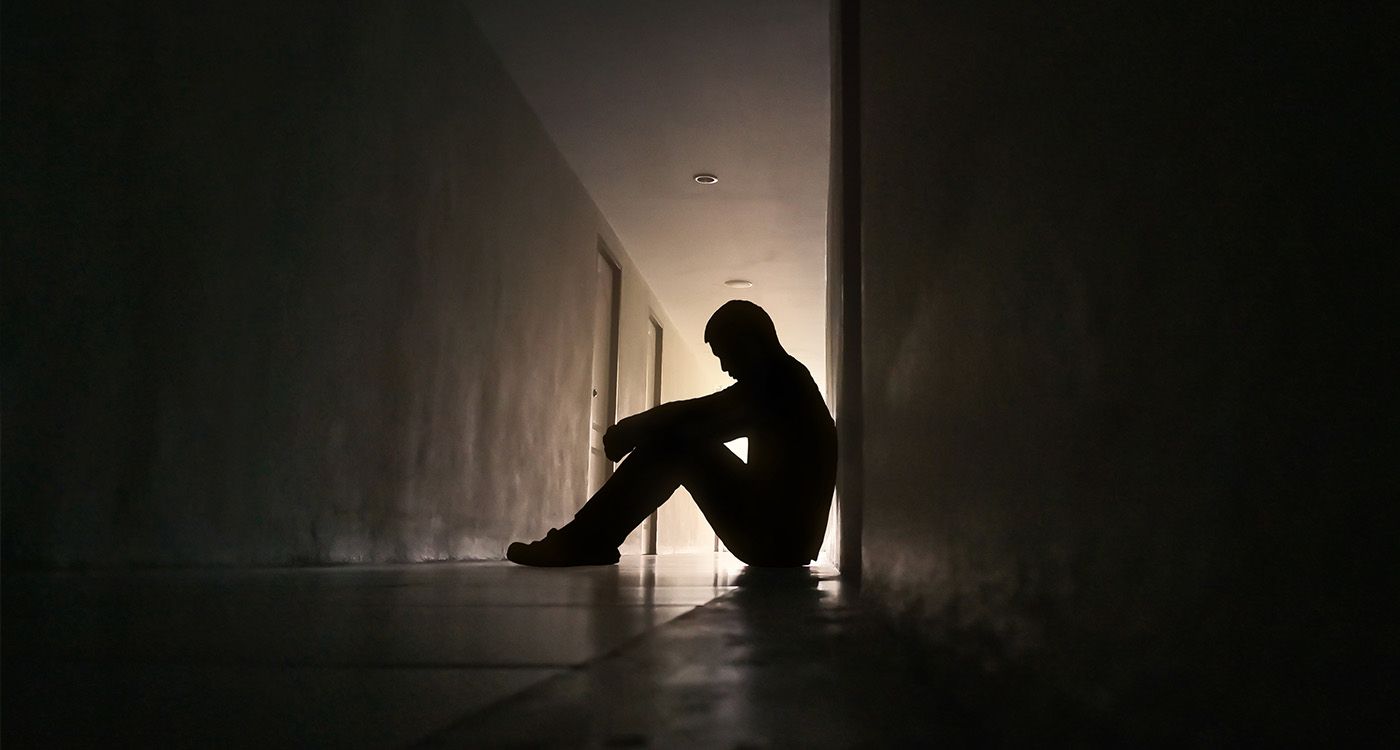- Home
- War in the Middle East
- The Psychology of Defeat

Throughout history, nations have experienced the deep psychological scars left by defeat in war. The aftermath of World War II, particularly for countries like Germany and Japan, was marked by devastation, both physical and emotional. Entire cities lay in ruins, economies collapsed, and millions of lives were lost or displaced. Yet, over the 20th century, these nations managed to rebuild, rising from the ashes to become global economic powers. The psychology of defeat played a crucial role in shaping their futures. Today, Lebanon faces its struggles, dealing with a crisis that started in October 2019 and has intensified due to the ongoing conflict between Hezbollah and Israel. It feels less like Hezbollah's defeat and more like the defeat of the entire nation. The cost Lebanon must bear to return to being a normal state governed by legitimate institutions and its national army is overwhelming.
Can Lebanon rise again as other nations have? Are the Lebanese resilient enough to rebuild amid such adversity?
Accepting defeat is one of the most challenging experiences for individuals and nations alike because it often strikes at the core of identity, pride, and aspirations. For nations, defeat can signify the loss of sovereignty, dignity, and stability, making it even harder to reconcile with. The emotional toll includes feelings of failure, humiliation, and powerlessness, which can fuel resistance to acceptance. For leaders and citizens, admitting defeat also means acknowledging past mistakes and rethinking long-held values, which can be deeply unsettling. Moreover, the uncertainty of what comes after defeat adds to the difficulty, as the future can seem bleak or undefined.
However, acceptance can also lead to healing and transformation.
Accepting defeat has, at times, proven beneficial for nations, allowing them to rebuild stronger and more stable societies. For instance, though initially perceived as a humiliation, Japan's surrender at the end of World War II ultimately enabled the country to undergo profound political and economic reforms under American guidance. By accepting defeat and transitioning from militarism to pacifism, Japan became one of the world's leading economic powers. Similarly, West Germany’s acceptance of defeat and cooperation with the Allies led to the Marshall Plan's financial aid, which helped rebuild the nation's economy and infrastructure, laying the groundwork for its post-war recovery and reunification. In both cases, accepting defeat was a stepping stone toward long-term prosperity and global influence.
In the wake of World War II, the defeated nations were forced to confront the profound consequences of their defeat. Germany and Japan, for instance, had to grapple with national shame, economic ruin, and the loss of autonomy. For Germany, the trauma of defeat was compounded by the revelations of Nazi war crimes, which left an indelible stain on its national identity. The Japanese, too, faced not only the destruction wrought by atomic bombs but also the collapse of a centuries-old imperial system.
The rebuilding process required more than just physical reconstruction—it demanded a reevaluation of national identity and values. In Germany, the Marshall Plan, along with a commitment to democracy and cooperation, laid the foundation for its post-war recovery. Under American occupation, Japan underwent significant reforms, including adopting a pacifist constitution, which helped transform its militaristic society into an economic powerhouse. These nations had to confront their darkest moments, but through collective resilience, external aid, and national reinvention, they managed to rise again.
Lebanon has not endured a single war like those of Germany or Japan during WWII, but the country has been in a state of near-perpetual crisis since its civil war (1975–1990). The situation worsened drastically in October 2019, when mass protests erupted against government corruption, economic mismanagement, and an entrenched sectarian political system. The people demanded change, but instead of reforms, Lebanon's collapse accelerated. The currency plummeted, inflation soared, basic services failed, and widespread poverty and unemployment took hold.
Adding to this internal turmoil, the ongoing war between Hezbollah and Israel has plunged the country into further chaos. Lebanon now faces not only economic collapse but also a full state collapse. Many Lebanese feel defeated, disillusioned, and abandoned by the very leaders meant to protect them. The despair is palpable, and for many, the question arises: Can Lebanon rise again?
Much like post-WWII Germany and Japan, the Lebanese people are experiencing the psychological weight of defeat. However, Lebanon’s defeat is not only at the hands of a foreign invader but also from internal decay, corruption, and external conflicts that it is unable to control. The sense of powerlessness is pervasive. People feel their future has been stolen, their hopes shattered, and their nation betrayed by its leaders, and its leaders betrayed by other nations.
But defeat, as history has shown, does not have to be permanent. In the case of Germany and Japan, defeat became the catalyst for national transformation. Defeated nations, when united and supported by the right framework, can find a way forward.
The question is: Can Lebanon Rise Again?
The war will leave deep psychological scars, exacerbating existing sectarian tensions. A national reconciliation process, perhaps modeled on truth and reconciliation commissions from other post-conflict nations, could help address grievances and promote social cohesion. Efforts must be made to heal divisions and rebuild trust among different communities.
Lebanon must pursue a diplomatic strategy that distances itself from regional conflicts. The country’s involvement in proxy wars has led to its destruction over and over throughout the decades. A policy of neutrality could help Lebanon maintain peace internally and avoid entanglement in regional power struggles.
One of the most compelling aspects of Lebanon’s story is the resilience of its people. Throughout its tumultuous history, the Lebanese have proven time and again their ability to rebuild. After the Civil War, Beirut was rebuilt as a hub of culture, tourism, and commerce. Even after the 2006 war with Israel, Lebanon showed a remarkable ability to recover.
However, today’s challenges are unprecedented. The country’s economic collapse, compounded by ongoing conflict, has left it in a position far more fragile than before.
Yet, within the Lebanese people lies a deep resilience shaped by centuries of adversity. While the situation now may seem bleak, history shows that nations can rebuild from even the darkest of moments.
The key to Lebanon's revival will likely lie in a collective national effort to dismantle the structures of corruption and rebuild trust in public institutions. External support, particularly from the international community, will also be crucial in providing the financial resources needed for reconstruction. Moreover, the Lebanese diaspora, known for its entrepreneurial spirit and strong ties to the homeland, could play a vital role in investing in Lebanon’s future.
Though Lebanon stands on the precipice of collapse, history offers a glimmer of hope. Lebanon, with its rich history, culture, and people, is capable of rising again.
While the road ahead is undeniably difficult, the Lebanese people have demonstrated an unyielding will to survive and thrive despite seemingly insurmountable odds. Just as many nations in history found a way to rebuild after their respective defeats, so too can Lebanon emerge from this crisis. Though the present may be dark, the Lebanese spirit remains strong, and with it, the hope for a better future persists.



Comments